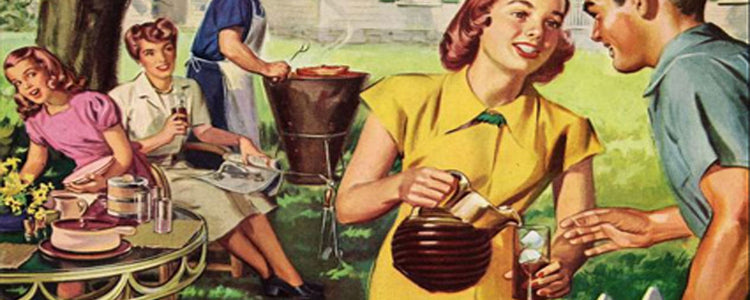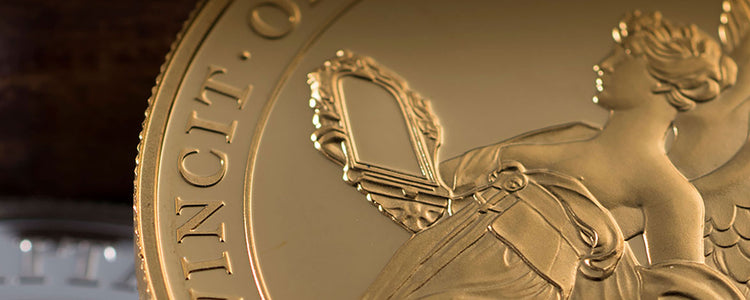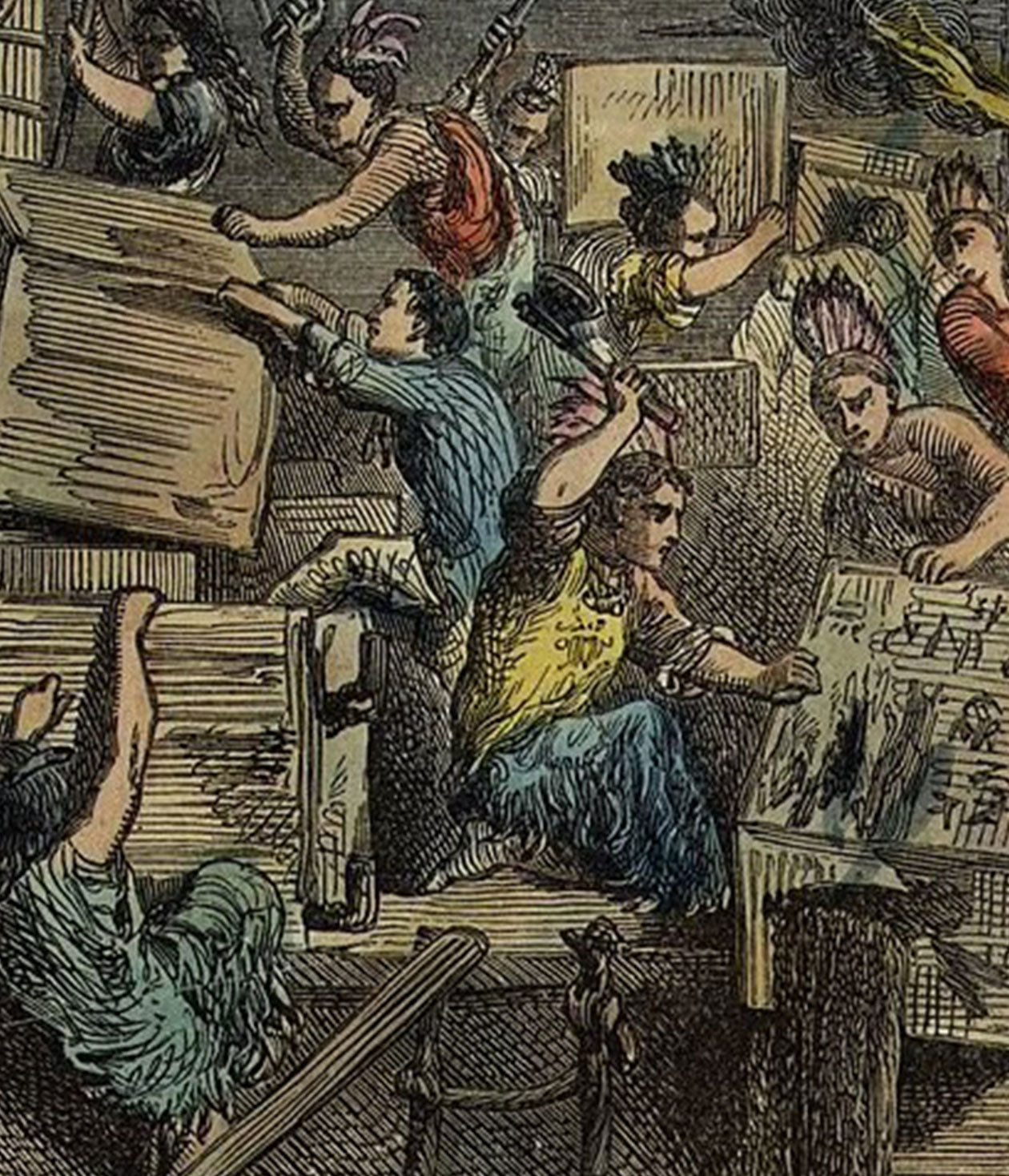The East India Company was in trouble.
In the mid-18th century, the Company was in debt and sat on huge stocks of tea in London. The British Parliament bailed them out with the Tea Act of 1773, a bill passed with a nod and a wink, significantly lowering the duty that the Company paid on its tea and enabling direct shipping from China to America only by the Company.
Tea could only enter the colonies legally from England, but now with new competitive advantage the Company was in a position to dominate the American market, tea being very popular on the East coast. Furthermore, whilst duty was removed in Britain, it was still levied on the colonists on the import of the tea.
Legitimate competitor traders and smugglers objected, but it was the colonists’ objection that was heard loudest.
Samuel Adams, an influential political local leader, led a series of the protest meetings, the largest of which numbered 8000 attendees.
And when 3 East India ships, the Dartmouth, Eleanor, and Beaver all bearing tea, arrived in Boston, Governor Thomas Hutchinson struggled to even have the ships anchor in the harbour.
Strength of feeling was such that the ships’ captains wanted to turn around without unloading and receipt of duty payable, supported fully by the local patriots. But the Governor did not allow it, blockading the port, demanding the tea be unloaded.
And so, Adams and a “party” of 60 radical anti-British patriots, now disguised as Mohawk Indians, boarded the ships and tipped, in today’s money, $1m of tea into the harbour waters.
The furious British Government reacted of course. That’s another story…



 Ceylon / Sri Lanka
Ceylon / Sri Lanka Assam, India
Assam, India Japan
Japan Taiwan
Taiwan Nepal
Nepal China
China Kenya
Kenya Egypt
Egypt South Africa
South Africa


